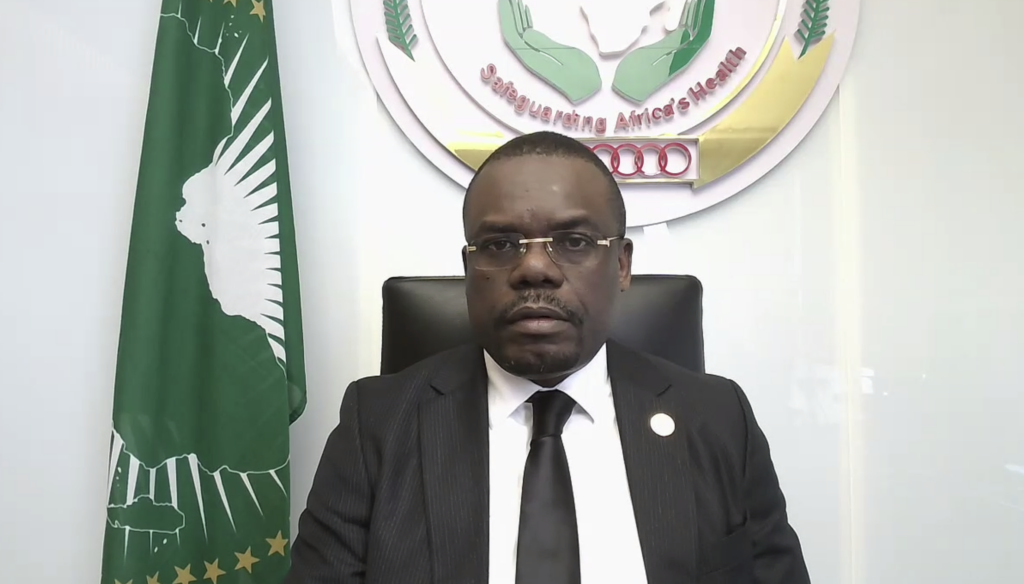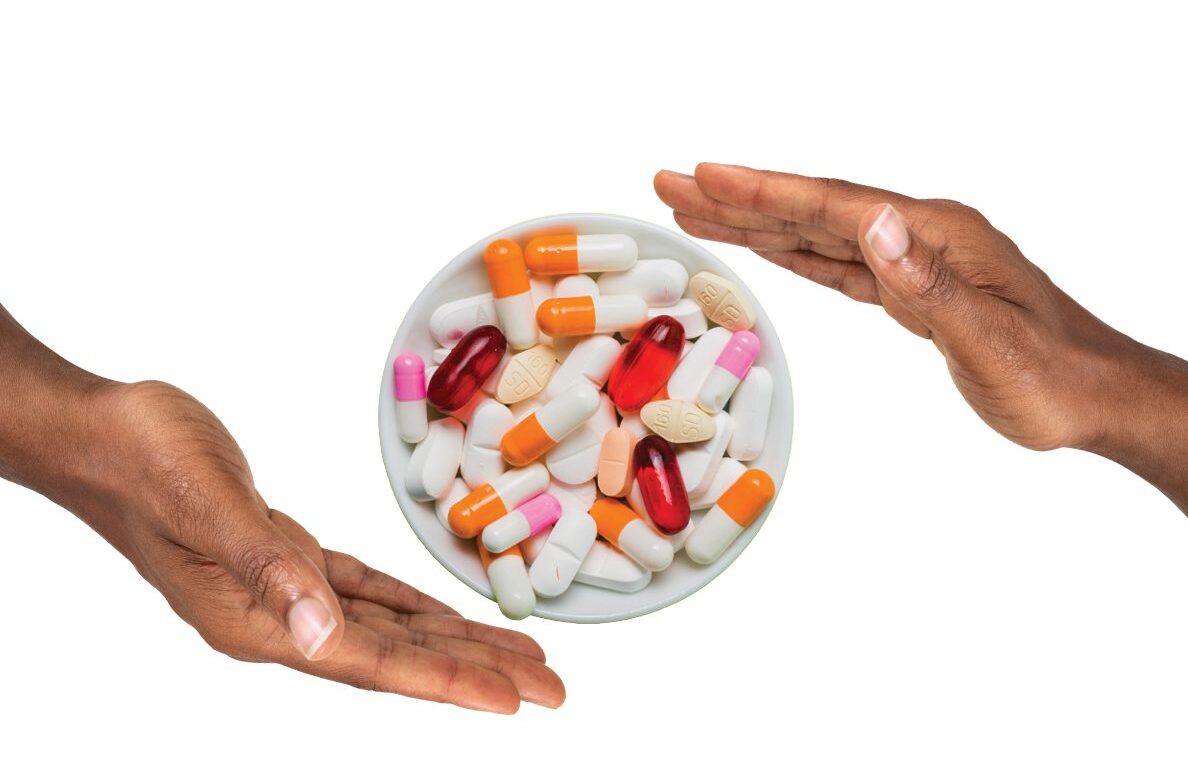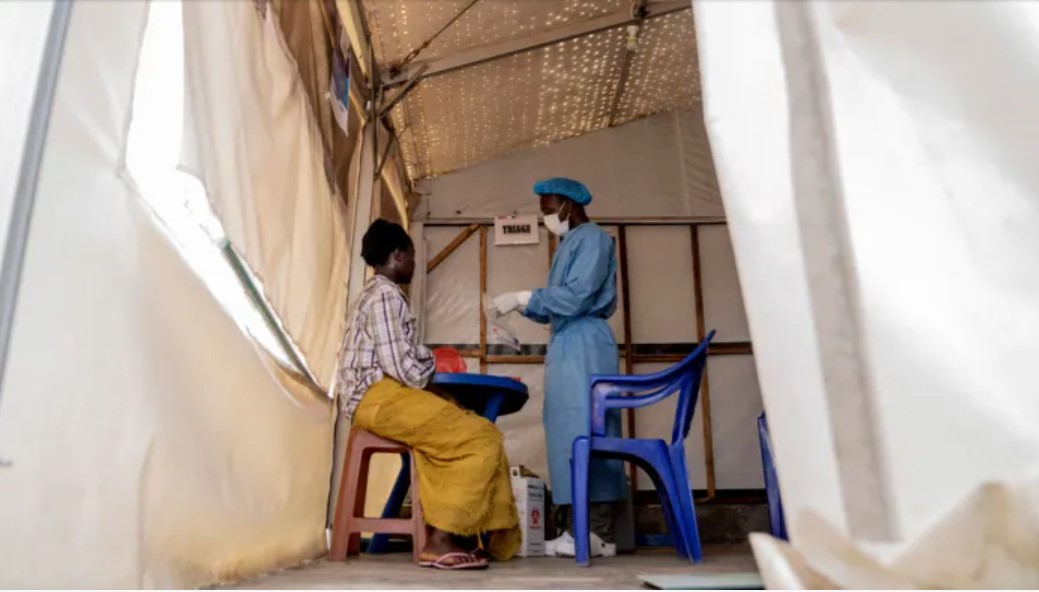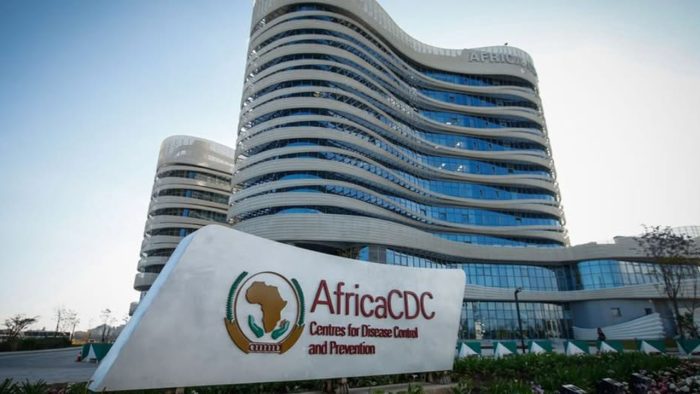
Africa CDC to transform health financing, advance self-reliance
- Health and WellbeingHealth SectorHealth Security
- No Comment
- 152
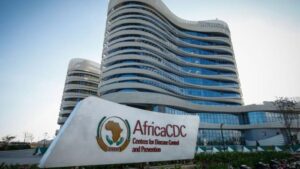
The Africa Centres for Disease Control and Prevention (Africa CDC) has launched a continent-wide strategy to radically transform health systems finance and put African resources at the centre of African health.
According to Africa CDC, the sharp decline in official development assistance, paired with a 41 per cent surge in disease outbreaks from 2022 to 2024, is overwhelming the health systems and the continent risks losing decades of hard-won progress in disease control, maternal care, and epidemic preparedness, if urgent reform is not initiated. External health aid to Africa is expected to drop by 70 per cent between 2021 and 2025.
In collaboration with African Union Member States, the agency will guide efforts to revise national health financing plans, strengthen domestic investment in health, and pilot innovative, context-specific revenue mechanisms designed to mobilise sustainable and predictable funding.
Director General of Africa CDC, Dr Jean Kaseya, who disclosed this, said that Africa cannot continue outsourcing its health security, adding that the agency is building a future where Africa invests in its people, drives its health agenda, and responds to crises with speed, strength, and self-reliance
Kaseya urged governments to fulfil the Abuja Declaration by allocating at least 15 per cent of national budgets to health and also introducing innovative financing ideas such as solidarity levies on airline tickets, alcohol, and mobile services, while exploring how Africa’s $95 billion in yearly diaspora remittances can support national health priorities.
He noted that blended finance tools will be used to unlock public and private capital for critical investments in infrastructure, digital health, and local production of vaccines and medical supplies.
According to the Africa CDC, implementation of the new strategy will be phased, and the first phase (2025–2026) will focus on updating national health financing plans in 30 countries, piloting innovative revenue mechanisms, and launching transparency dashboards.
However, the second phase (2026–2030) will scale successful approaches, to enable at least 20 countries to finance 50 per cent or more of their health budgets through sustainable domestic sources.
“To track results and ensure accountability, Africa CDC will deploy a new African Health Financing Scorecard to monitor progress, improve donor alignment, and boost efficiency in domestic spending.
“The strategy marks a critical turning point for Africa’s health independence. With political momentum from the African Union and proven regional coordination mechanisms, Africa CDC is positioning itself and the continent to lead a new era of sustainable, sovereign health financing,” Kaseya added.



